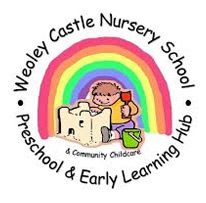Adverse Childhood Experiences (ACEs)
What are ACEs?
Adverse Childhood Experiences (ACEs) are stressful or traumatic experiences that can have a huge impact on children and young people throughout their lives.
The ten widely recognised ACEs are:
Abuse:
-
physical
-
sexual
-
verbal
Neglect:
-
emotional
-
physical
Growing up in a household where:
-
there are adults with alcohol and drug use problems
-
there are adults with mental health problems
-
there is domestic violence
-
there are adults who have spent time in prison
-
parents have separated
-
As well as these 10 ACEs there are a range of other types of childhood adversity that can have similar negative long term effects. These include bereavement, bullying, poverty and community adversities such as living in a deprived area, neighbourhood violence etc.
Why do ACEs matter?
Childhood adversity can create harmful levels of stress which impact healthy brain development. This can result in long-term effects on learning, behaviour and health.
Evidence from ACE surveys in the US, UK and elsewhere demonstrates that ACEs can exert a significant influence throughout people's life.
Consideration of ACEs is therefore crucial to thinking about how to improve the lives of children and young people, to support better transitions into adulthood, and achieve good outcomes for all adults.
To find out more about ACEs, you can go to www.acestoohigh.com or see the video below.



